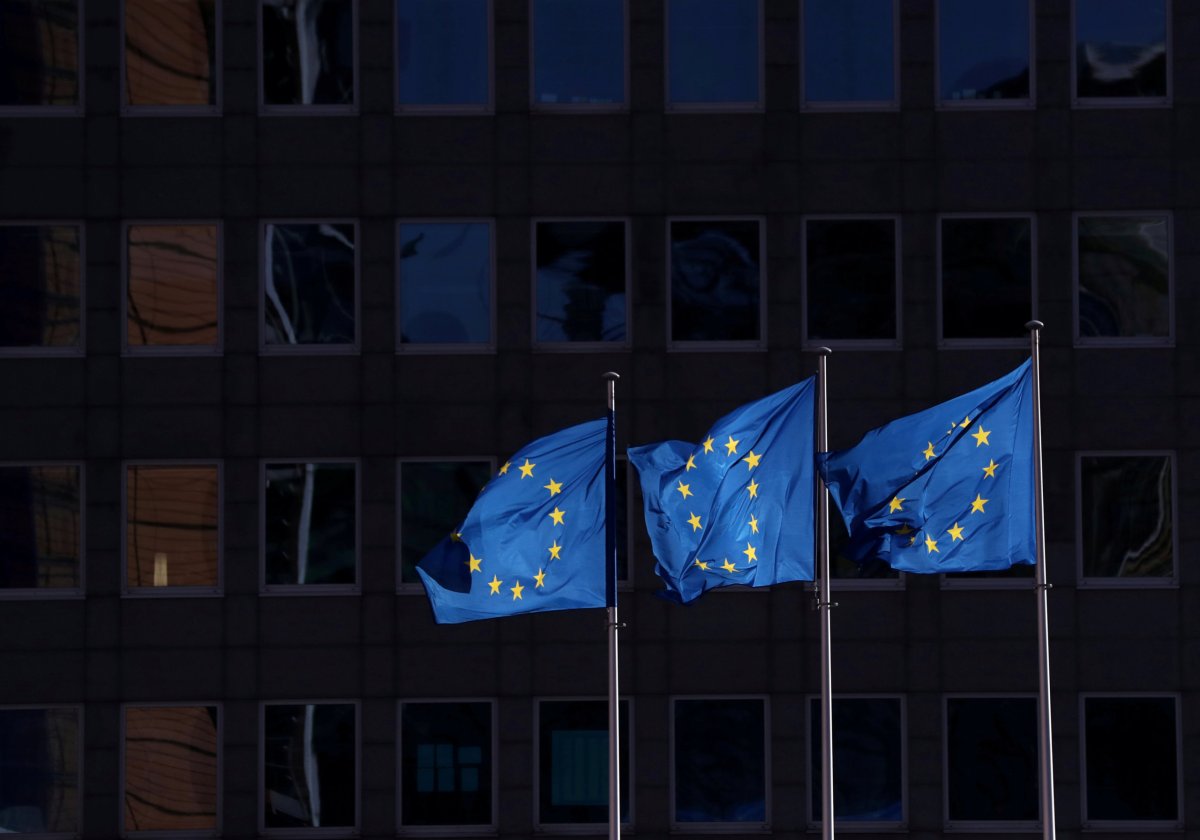BRUSSELS (Reuters) – Euro zone finance ministers are likely to converge on Tuesday on three quick options to support the economy in the wake of the coronavirus epidemic, officials said on Friday, with some discussion also of longer-term ideas to aid a recovery.
EU leaders asked the ministers on March 26 to come up with proposals for cushioning the effects of the pandemic, which economists expect will push Europe into a deep recession this year as activity has slowed to a crawl amid lockdowns.
“The ministers are likely to put together a list of ideas for leaders to discuss and choose from. They do not all have to have the full backing of all the ministers,” one senior euro zone official said.
“The three ideas that are likely to get the most support are probably the use of the ESM bailout fund, the European Investment Bank and the Commission’s short-time work scheme,” the official said.
The standby credit line from the European Stability Mechanism (ESM) could be up to 2% of the requesting country’s GDP, be available for 12 to 24 months and, if drawn upon, have a maturity of 5-10 years.
The credit line would come with minimal conditions focused on the pandemic and, crucially, would unlock the possibility of European Central Bank unlimited bond buying if yields surge.
The second idea is guarantees for the European Investment Bank, the government-owned investment arm of the EU, possibly up to 25 billion euros. This would allow the bank to provide 200 billion euros more in loans to small and medium-sized companies.
There is also an option of increasing the EIB’s capital.
JOINT BORROWING
The third element is a short-time work scheme, modelled on the German “Kurzarbeit” plan, to prevent lay-offs.
The plan would encourage companies to cut workers’ hours, not jobs, and the government would top up the resulting lower wages from a cheap loan it gets from the European Commission which would borrow up to 100 billion euros on the market for that purpose, using its triple-A rating.
Some euro zone officials cautioned, however, that the short-time work scheme, unveiled only on Thursday, was complex and governments would need time to fully digest and back it.
But they said it seemed a fair answer to the call from France, Italy, Spain and six others last week for a “common debt instrument issued by an EU institution” to fight the pandemic, without ruffling too many feathers in Germany, the Netherlands and the other countries that oppose joint debt issuance.
“The three ideas already add up to more than half a trillion euros,” one senior euro zone official taking part in the preparations for the ministers’ meeting said, adding there was also likely to be a discussion on a French proposal for a fund to help economic recovery after the pandemic.
France floated the idea this week of a temporary joint fund, of undisclosed size, aimed solely on financing and coordinating the economic stimulus after the health crisis. It would be set up only for 10 years and be funded by bonds issued by the European Commission against guarantees from all EU countries.
The measures would all come on top of national fiscal stimuli worth 2.3% of euro zone GDP, government guarantees for companies worth 13% of GDP and an unprecedented loosening of EU state aid rules and fiscal rules, as well as European Central Bank bond buying and liquidity measures.
(Reporting by Jan Strupczewski;Editing by Elaine Hardcastle)














